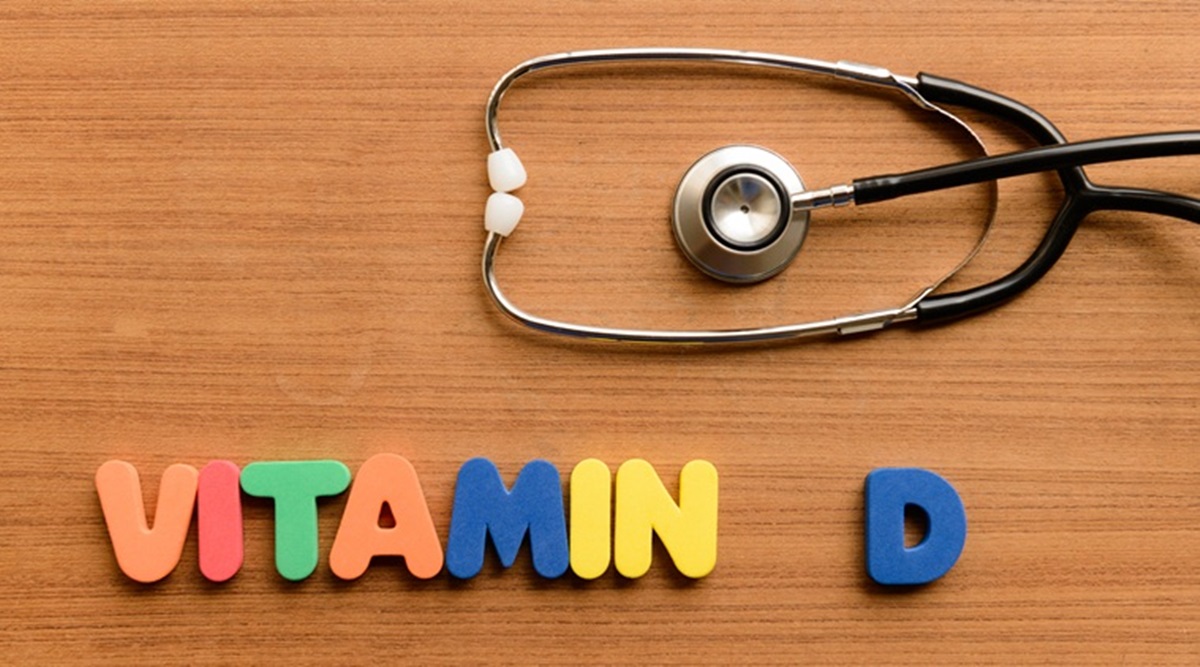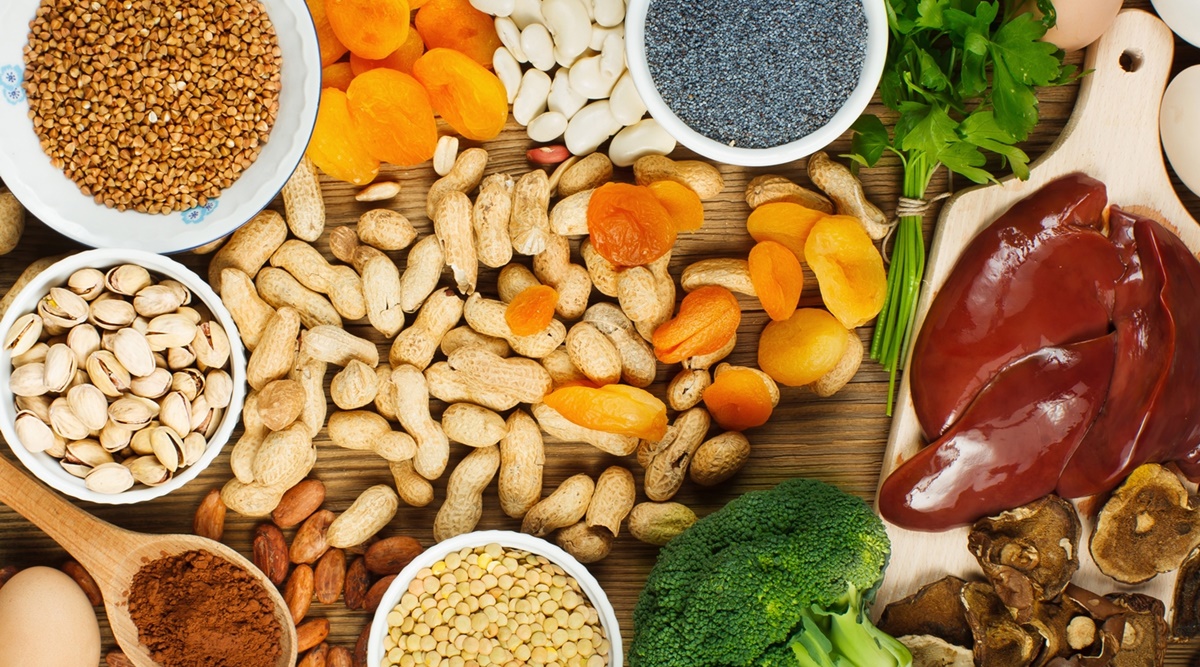Health of a woman is vitally important, especially before and after birth. In order to increase the probability of having a healthy baby and healthy you, it is crucial to create a healthy routine and practise behaviours you may do before, during, and after pregnancy. This is due to the fact that the body must get ready for pregnancy beforehand.
"The fundamentals of good nutrition, including getting lots of fruits, vegetables, whole grains, lean protein, and healthy fats, remain the same during preconception and pregnancy. Obtaining a BMI test is the first and most crucial step. You should also undergo testing to discover any underlying medical conditions, such as PCOS/PCOD or thyroid problems. After that, it is crucial to do a test to determine the current levels of calcium, protein, iron, and important vitamins like D3 and B12. A food plan and natural supplements should be created based on the diagnosis in order to start laying the groundwork for a healthy body, along with shedding excess weight and lowering the fat percentage, according to Richa Pendake, founder and CEO of Nutrizoe.
But when it comes to a pregnant woman's and a postpartum woman's diet, there are a few nutrients that demand extra attention. Pendake lists the following as the most important items.
Folate
In addition to lowering the risk of major issues with the developing brain and spinal cord, vitamin B also increases the likelihood of conception. It is strongly advised to consume 400 micrograms (mcg) of folate or folic acid per day prior to conception and 600 to 1,000 micrograms (mcg) per day throughout pregnancy. Cereals that have been fortified are a fantastic source of folic acid. Natural folate may be found in abundance in dark green leafy vegetables like spinach, asparagus, citrus fruits, dry beans, peas, and lentils.
Vitamin D and calcium
For the body to absorb calcium and build healthy bones, vitamin D is required. (Source: Thinkstock/Getty Images)
The mother and the child's bones and teeth are strengthened by these nutrients. The healthy operation of the neurological, muscular, and circulatory systems is also supported by calcium. The recommended daily intake for calcium and vitamin D during pregnancy is 1,300 mg of calcium and 600 IU of vitamin D. Milk, yoghurt, cereals, cheese, eggs, and lots of sunshine are a few foods that are rich providers of calcium and vitamin D.
Protein
One of the most important nutrients, protein is necessary for encouraging the baby's growth. The recommended daily intake of protein is 71 grammes, which can come from both vegetarian and non-vegetarian sources such paneer, tofu, lentils, soyabeans, rajma, chickpeas, oats, eggs, or chicken. Foods made with rich whole grains also include fibre, which prevents constipation.




